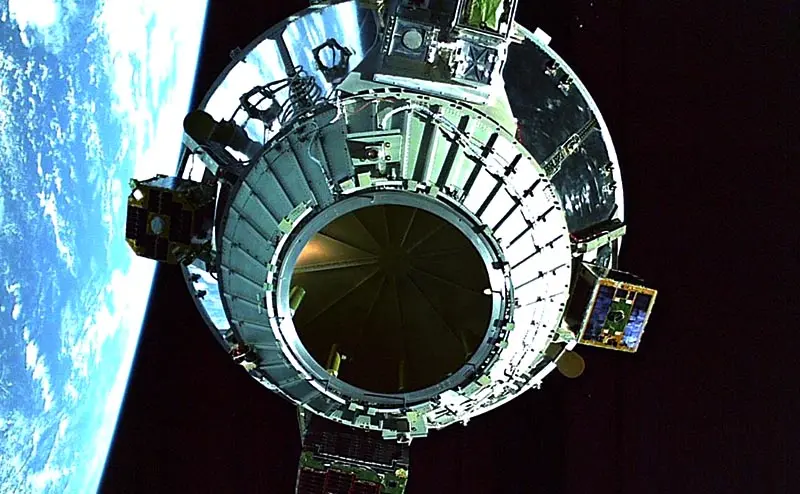RENDEZVOUS TRAJECTORY OPTIMIZATION CONSIDERING RELATIVE NAVIGATION ERROR

PhDAER Seminar Wednesday, December 6, 2023 at 11:30 - Dipartimento di Scienze e Tecnologie Aerospaziali, Politecnico di Milano, Sala Consiglio DAER, Second Floor, Campus Bovisa, Via La Masa, 34, Milano (MI)
Autonomous spacecraft proximity operation is a key technology to achieve future missions, such as in-orbit servicing, active debris removal, object inspection and in-orbit assembly.
Relative navigation is one of the factors which affect the overall performance and reliability of the rendezvous. However, when approaching a non-cooperative target, relative navigation may exhibit instability depending on the relative position and attitude.
The instability is due to observability of feature points, such as insufficient illumination, shadows, pronounced reflections from the target, as well as variations in the target's shape and surface characteristics. This unevenness in navigation performance makes system design difficult, because the performance interface will become poor to guarantee the performance in any relative condition. Therefore, I focused on an optimizing approach to obtain a trajectory which enhance relative navigation accuracy.
The simulation results revealed that the optimized trajectory had the low navigation error expectation throughout the rendezvous process. Moreover, in case the target is tumbling, Δv consumption was smaller than simple trajectory optimization which minimizes the Δv consumption, because the higher precision in navigation reduces the propagation error and the difference of trajectory update in rendezvous became small.
The proposed approach enables the robust and fuel economical rendezvous to the non-cooperative target.
Speaker
Yu Nakajima received the B.E. and M.E. degree from Keio University, Japan. He has been working for JAXA almost 10 years since then, involving the development of GPS receiver for GEO and research on the non-cooperative target rendezvous.
He was a member of CRD2 program, a Japanese program to demonstrate the active debris removal of a large scale target. He has been working at Polimi for a year integrating his experience in JAXA and theories researched in Polimi to achieve safe and robust rendezvous against non-cooperative target.
6.12.2023